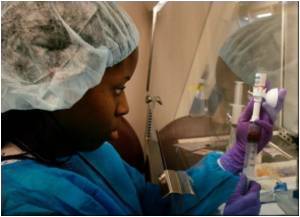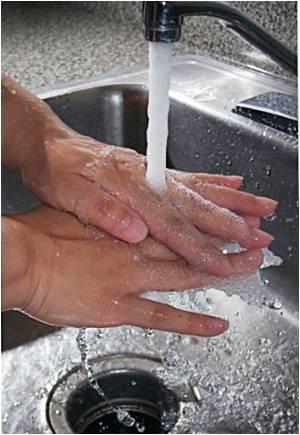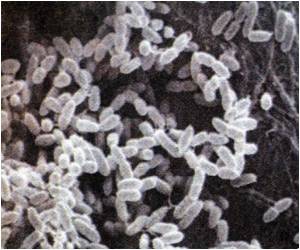Scientists have cautioned about the presence of large amounts of nanosilver in consumer products which could prove highly toxic for humans.

"Nanosilver is the nanotech substance most widely spread in consumer products. There's a large amount of it being used in clothing, washing machines and all sorts of applications that could end up in our water ways", ABC Science quoted Professor Thomas Faunce at the Australian National University in Canberra, as saying.
"The problem is that while we've known for a long time that silver is a very potent biocide, nanosilver appears to have a quite unique toxicity purely because of its size."
Dr Bernd Nowack, of Empa, the Swiss Federal Laboratory for Materials Science and Technology, said that some silver nanoparticles bond with sulphur to form harmless silver sulphide nanoparticles in sewage sludge - but whether it removes silver from wastewater efficiently is not known.
Another concern is that the sludge and wastewater from treatment plants is often sold to farms as fertiliser, from where it could enter the food chain.
"The question is at the end of the day is it something we can benefit from, and can we look after ourselves in terms of risk?" said Professsor Graeme Hodge, director of the Monash University Centre for Regulatory Studies.
Advertisement
But Faunce says Nowack's review is a clear wake-up call.
Advertisement
The study is published in the journal Science
Source-ANI









